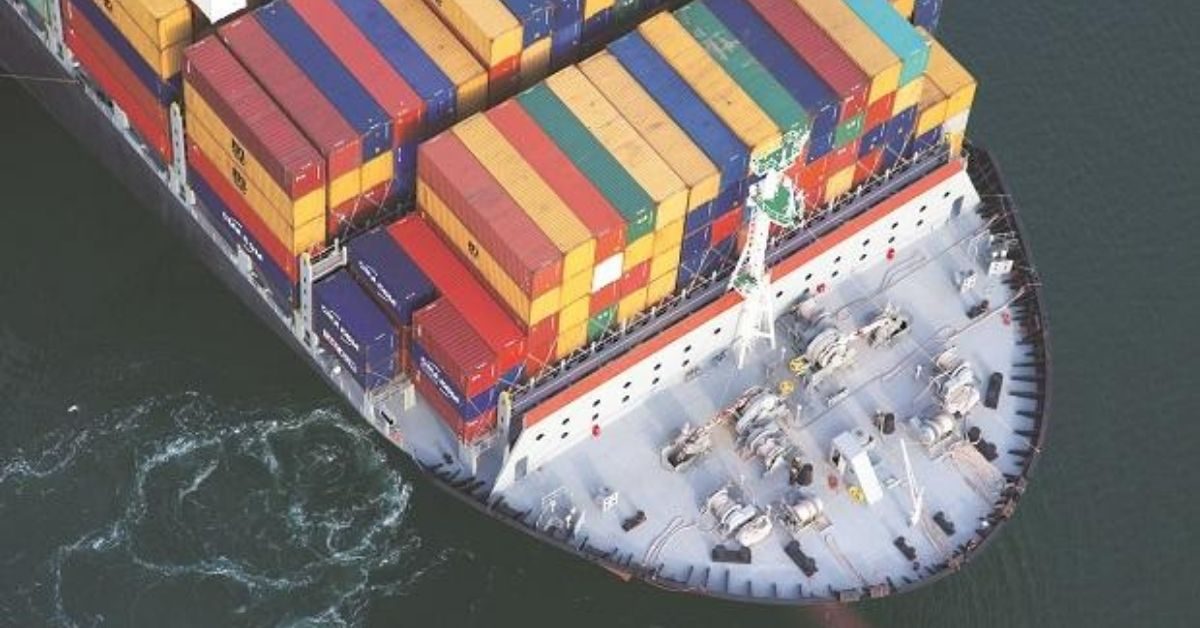As Russia continues its military assault on Ukraine, the Western economies and their allies have retaliated by imposing harsh sanctions on the Russian economy, practically paralysing it. The shipping industry would be particularly affected, as delays and shipping prices are projected to rise as a result of interruptions in the global supply chain.
Approximately 15 maritime ports in Ukraine were closed when the war broke out. Cargo loading and unloading has ended. Around 140 ships berthed in Ukrainian ports at the time have remained in the ports ever since. So yet, none of the ports or the ships berthed in them have been attacked. Two ships were attacked while in anchorage leading traders to avoid Black Sea routes for their ships.
The ship, which contains electricity, food, and the ability to create water, is always the safest place for sailors in the event of an accident. According to Sanjay Prashar, managing director of VR Maritime Services, while bunkers in ports have been discovered for safely lodging seafarers, ship crews have not moved out of their ships. One of the company’s ships has become trapped in a port in Ukraine. Indian crews are on board some of the stalled ships at Ukrainian ports.
Ports and nuclear facilities, as strategic assets, have not witnessed much fighting or attacks, with the exception of sporadic strikes. According to Pritam Banerjee, a logistics specialist, the Russian Army and Air Force have been in the forefront of the conflict so far, with only a small naval activity at Kerch.
Port cities such as Mariupol have been attacked from land but as Ukrainians hold out and resist the invasion, Ukrainian president has warned of an imminent attack on the Odessa port by Russian warships. This would be a major escalation of the war. All the merchant ships will be under threat. As a direct consequence of the war, insurance premiums will go up for ships serving Black Sea ports.
Impact worldwide
Crude oil prices have risen by 20% in the last week, owing to fears of supply interruptions and the fact that Russia is a key supplier of oil and gas via pipelines as well as ships. The Black Sea is home to the country’s only warm-water ports and serves as a battleground. As the price of crude oil rises, so does the price of ship fuel, often known as bunker fuel. Fuel prices are the most significant component to a ship’s running costs, and any rise will have a cascading effect on transportation and freight costs.
The pandemic drove up container freight rates which have seen a further escalation. Pritam Banerjee however, says the escalation may only be short-term and is largely due to the oligopolistic control some firms have over container shipping. He explains that Russia or even Ukraine matter little in container trade, so global container freight rates should not be affected greatly.
Bulk transportation, such as oil and gas tankers, will be severely impacted. Russia and Ukraine are important grain, mineral, and oil traders. High insurance prices and supply disruptions will agitate the market. In the event of an escalation, Baltic and North Sea shipping traffic may be impacted. Insurance premiums will rise as a result of the threat of war.
While Russia is unlikely to attack in the Mediterranean, insurance prices for ships operating on those routes, which are the heart of European trade, may rise.







